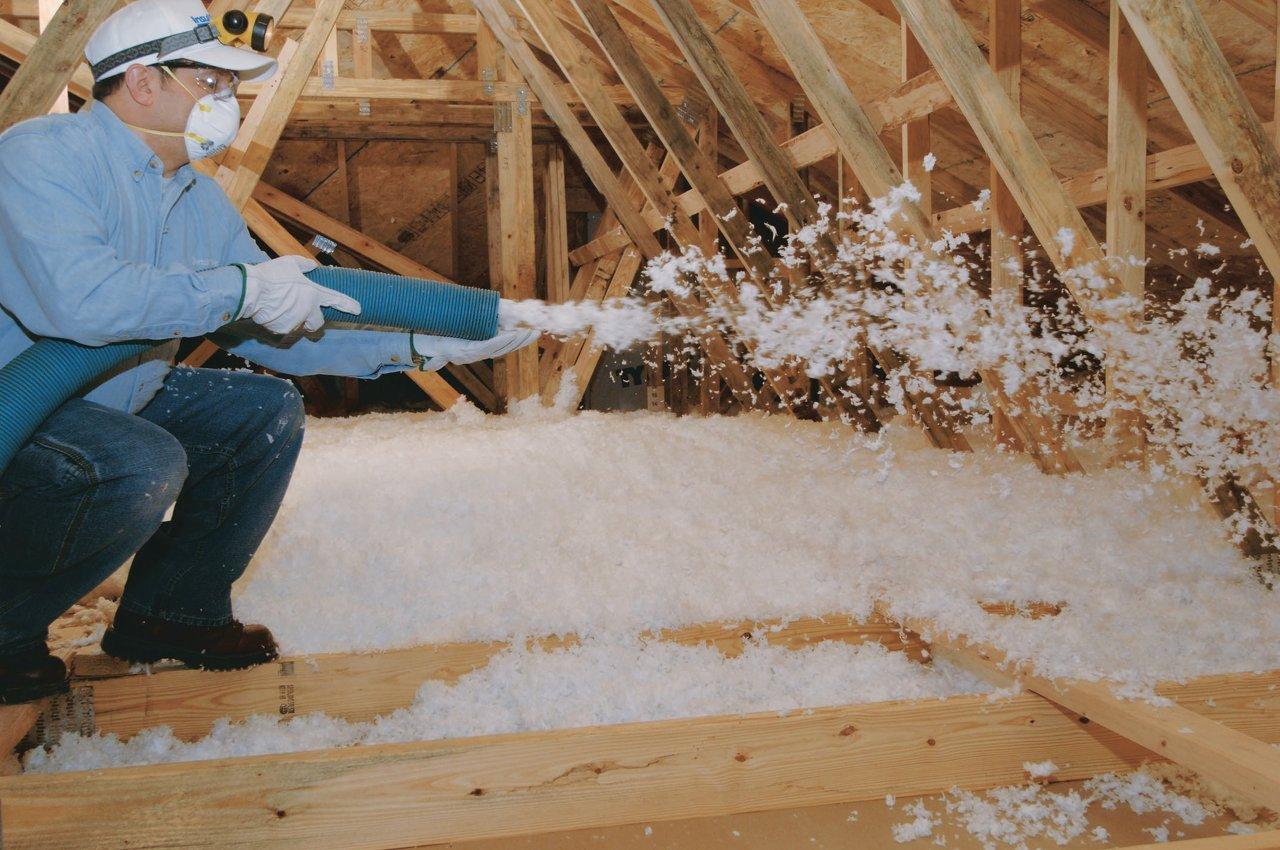BltLW News Hub
Your source for the latest insights and updates.
Insulation: Your Home's Best-Kept Secret to Comfort
Discover how insulation can transform your home into a cozy sanctuary and lower energy bills—your best-kept secret to comfort awaits!
5 Signs Your Home Needs Better Insulation
Proper insulation is crucial for maintaining energy efficiency and comfort in your home. If you've been noticing high energy bills, this could be a significant sign that your home needs better insulation. Inadequate insulation allows conditioned air to escape, making your heating and cooling systems work harder and resulting in inflated energy costs. Additionally, if certain rooms feel too chilly in the winter or uncomfortably warm in the summer, it's likely a clear indication that your insulation isn't up to par.
Another telling sign is the presence of drafts. If you can feel cold air seeping through windows, doors, or even outlets, it suggests that your home's insulation is insufficient. Moreover, if you frequently experience uneven temperatures from room to room, that inconsistency can point to gaps in your insulation. Finally, it's essential to consider the age of your home; if it was built several decades ago, it may be time for an insulation upgrade to meet modern standards.

How Proper Insulation Can Save You Money on Energy Bills
Proper insulation is a crucial factor in maintaining an energy-efficient home. By effectively sealing off areas where heat can escape or enter, insulation helps keep your living space at a comfortable temperature all year round. This means that you won't have to rely as heavily on heating and cooling systems, leading to significant savings on your energy bills. In fact, studies show that homeowners can save up to 20% on their heating and cooling costs simply by investing in quality insulation.
Additionally, proper insulation not only helps reduce your energy consumption, but it also contributes to a smaller carbon footprint, making it an eco-friendly choice. When combined with energy-efficient windows and doors, effective insulation can maximize your home's overall energy performance. To achieve the best results, consider following these steps:
- Inspect your current insulation for gaps or wear.
- Choose the right type of insulation for your climate.
- Hire a professional for installation to ensure optimal performance.
What You Need to Know About Insulation Types for Maximum Comfort
When it comes to maintaining a comfortable indoor environment, understanding insulation types is essential. Different materials serve unique purposes, enhancing energy efficiency and providing optimal thermal comfort. Among the most common types of insulation are fiberglass, foam board, cellulose, and reflective insulation. Each type has its pros and cons, impacting not only your energy bills but also your home's overall comfort. For example, fiberglass insulation is popular for its affordability and effectiveness, while foam board offers superior insulation in tight spaces.
Before making a decision, it’s essential to consider factors such as climate, location, and the specific needs of your home. In colder climates, cellulose insulation can provide excellent thermal resistance, whereas reflective insulation is particularly effective in warmer areas by minimizing heat gain. By evaluating the advantages and disadvantages of each insulation type, you can make an informed choice that maximizes comfort and energy efficiency. Ultimately, investing in the right insulation is key to achieving a cozy living space year-round.